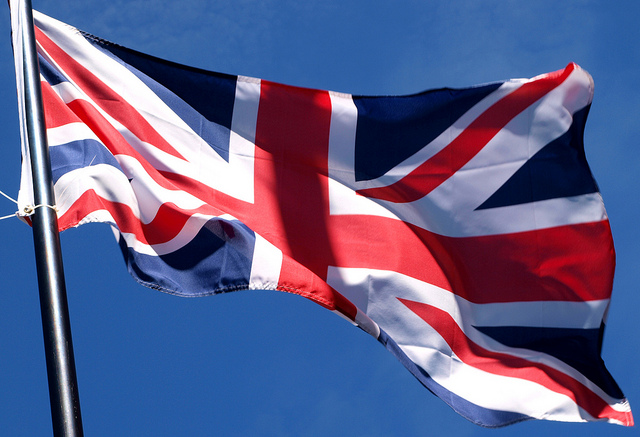
Over 50 percent of Brits believe that Britain will cease to be a United Kingdom within a decade, according to a ComRes Poll for BBC News.
On June 23, the United Kingdom voted to leave the European Union in a historic referendum. After the declared vote results, the country has witnessed a number of changes. David Cameron resigned his role as Prime Minister; hundreds of thousands of Brits took to the streets of London to demand a second referendum; and a ‘horrible’ economic slow-down is expected to take hold.
However, despite this looming uncertainty, the majority of the British population believes that Brexit will ultimately end the current form of the United Kingdom. As many as 53 percent of the 1,000 Britons polled in a joint BBC/ComRes study believe that England, Wales, Scotland and Ireland will break off from one another by 2026.
The belief stems from the ever growing pressure from nationalist groups to stay in Europe. Shortly after the referendum vote, Scottish First Minister Nicola Sturgeon declared that a second independence referendum is “highly likely” in the next two-and-a-half years.
“I intend to take all possible steps and explore all possible options to give effect to how people in Scotland voted, in other words to secure our continuing place in the EU, and in the single market in particular,” Sturgeon announced.
Will the United Kingdom remain United?
Meanwhile, the Republic of Ireland’s opposition leader has voiced that he hopes the Brexit vote will encourage Irish reunification. The island of Ireland was divided into two distinct territories – Northern Ireland and the Republic of Ireland – in 1921 under the Government of Ireland Act 1920. 56 percent of voters in Northern Ireland voted to remain in the EU. According to Fianna Fáil leader Micheál Martin, this contrast to the UK’s vote could be a “defining moment.”
Micheál Martin says Ireland could see ‘reunification referendum’ https://t.co/YM0o5DwrYz
— The Guardian (@guardian) July 17, 2016
Finally, Plaid Cymru leader Leanne Wood has stated that her party will now ‘wholeheartedly’ campaign for Welsh independence. In the wake of the Brexit vote, support for Welsh independence has increased within the country.
In addition, the poll revealed numerous other revelations about British public beliefs in the wake of the EU exit. An overwhelming 72 percent of the 1,000 people polled believe politicians will handle Brexit badly; 52 percent believe that civil servants cannot be trusted and immigration will fall after the UK leaves the EU; and 47 percent believe the economy will decline.
While the population still remains divided about Brexit, many firmly believe that Britain will ignore the referendum result; that leaving the EU is not in the nation’s best interests.
In fact, on July 11, 1,000 lawyers signed a letter that highlighted some of the issues surrounding the referendum. Within the letter, lawyers argued that the referendum result is based on “misinterpretations of fact and promises that could not be delivered.”
“The referendum did not set the threshold necessary to leave the EU, commonly adopted in polls of national importance, e.g. 60 percent of those voting, or 40 percent of the electorate. This is presumably because the result was only advisory,” the letter says.
“The outcome of the exit process will affect a generation of people who were not old enough to vote in the referendum. The positions of Scotland, Northern Ireland and Gibraltar require special consideration, since their populations did not vote to leave the EU.”
A petition calling for a second referendum on the UK’s EU membership has received more than four million signatures. Parliament will debate the matter in the House of Commons on September 5.
Image: Flickr, Iker Merodio
You want to support Anonymous Independent & Investigative News? Please, follow us on Twitter: Follow @AnonymousNewsHQ
This article (53 Percent of Brits Believe Brexit Will Destroy The United Kingdom, Reveals Recent Poll) is a free and open source. You have permission to republish this article under a Creative Commons license with attribution to the author and AnonHQ.com.




